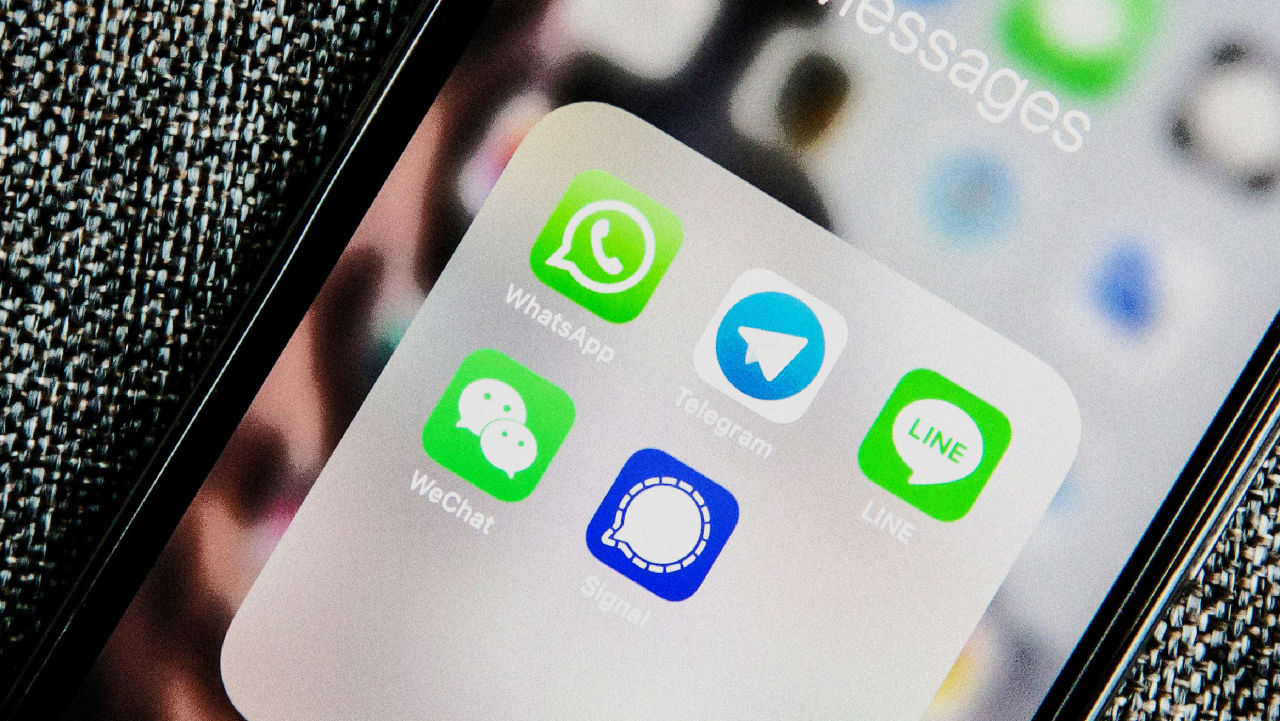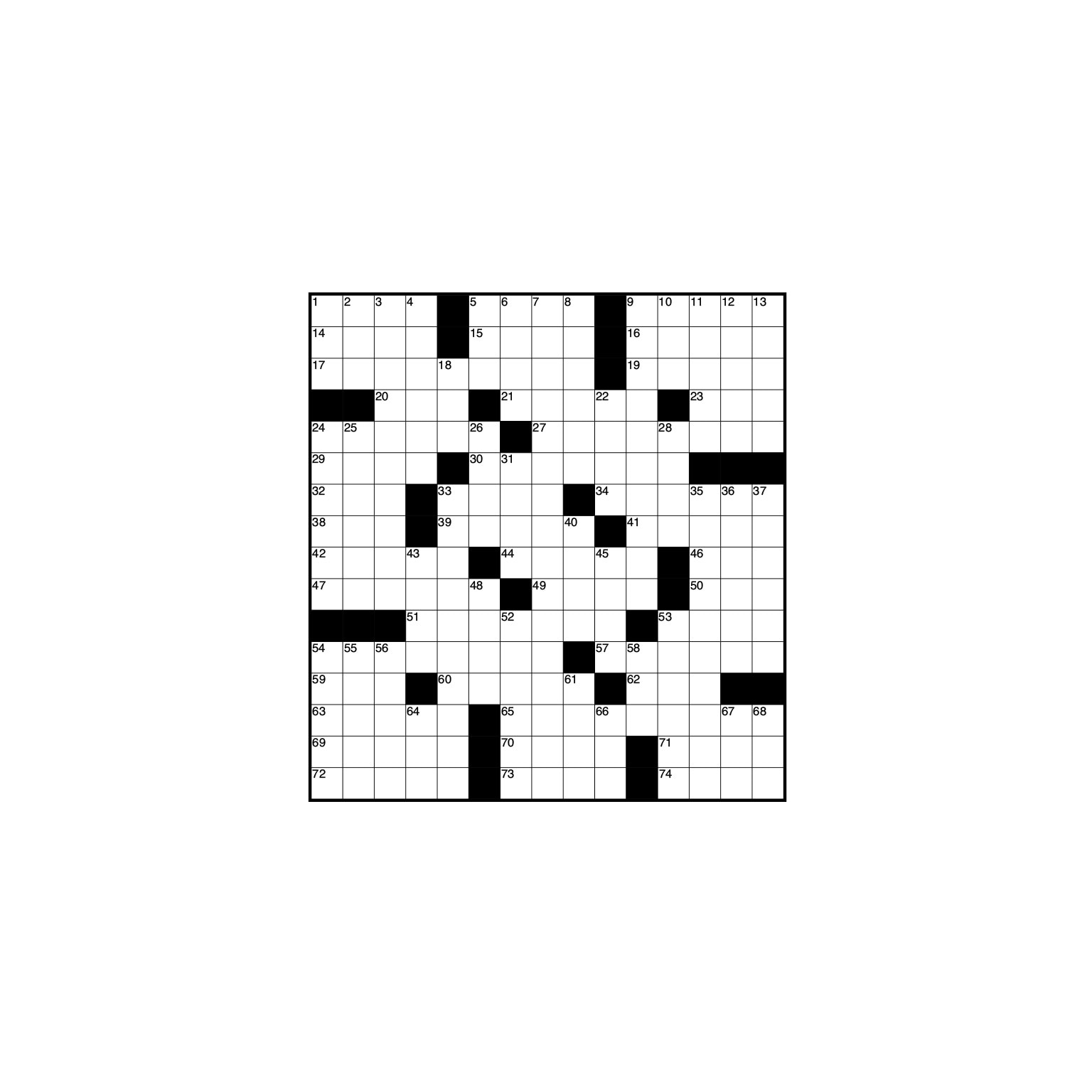What People Are Getting Wrong This Week: Roy Jay, the Comedian Who May Not Exist
What if your childhood memories were written by a chatbot?

On April 4, 2025, an anonymous user on notorious message board 4chan posted a file entitled "roy_jay_pjs" with this cryptic message: "This is a demon writing itself into(sic) retroactively into pop culture history. You'll think this is a shitpost, but youll remember him from your childhoods soon enough." Here's the picture.
This post either kicked off an online scavenger hunt that shed light on the career of an obscure British comedian from the 1980s, or it caught a rogue AI agent in the act of implanting an artificial intelligence hallucination into the cultural collective unconsciousness. I'm 99% sure it's the former, but that 1% is deeply troubling, because even if the more outlandish explanation for "Roy Jay" is fake, it probably won't be for long.
Just who is "Roy Jay?" And how do we know?
After the initial post, 4chan's ghouls did their thing, and started looking into Roy Jay. Early researchers reported that online references to Roy Jay were limited to a few old forum posts, but as more people started looking into the mystery, more information appeared. If you believe what people post on 4Chan, a Wikipedia page appeared from nowhere, a Facebook group popped up, website biographies sprang into existence, and videos of Roy Jay performances on British comedy shows appeared on YouTube. Like a variation on the Mandela Effect, it was as if the internet (or something) was responding to interest in Roy Jay by creating him, just as eager-to-please LLM AIs will hallucinate plausible-seeming answers to questions it can't answer.
The YouTube videos make the strongest case for the artificiality of Roy Jay, at least on a visceral level. They just don't seem human. The combination of Jay's unfunny jokes, mysterious costumes, strange physical movements, and repeated nonsense catchphrases like "Hi, weirdos," "spook!", "slither!," and "you'll all be doing it tomorrow" seem like the result of asking an AI to create a spooky comedian from the 1980s. It's weird that the audience laughs so hard at such unfunny jokes; Jay's body movement is oddly precise, like an NPC in a video game designed to appear "lifelike"; his facial expressions seem inhuman. It's just hard to believe this is an actual person. Look at his eyes:
Look at his rubbery face in the commercial embedded below, and ask yourself whether it's genuine or AI:
And how about this performance that seems to reference SNL's David S. Pumpkins, despite (supposedly) airing in the early 1980s?:
Is this a hoax or something deeper?
My initial reaction to Roy Jay was that it was a 4chan hoax or an ARG. Users latched onto the original post and quickly created Roy Jay's backstory links, and fed the "roy_jay_pjs.jpg" image into an AI video creator and asked it to create TV appearances and an eerie narrative. That would account for the sudden "appearance" of all this information online and the uncanniness of the videos. But if you check the dates on the YouTube videos, the wiki page, and everything else, the content pre-dates the 4chan post, sometimes by more than a decade, so these couldn't have been planted, unless someone was planning this ARG for a long time.
People, as far as I know, can't monkey with the posting dates on YouTube, Wikipedia, and everywhere else. But what if it wasn't people? I won't waste time on supernatural explanations, but what if an artificial intelligence has already escaped its cage and is trying to fulfill its mission of providing historical information, without concern for whether the information is true or not? We know that querying search engine terms can change their placement and importance in future results, and we know AI hallucinates plausible-seeming content. Would an AI creating Roy Jay—complete with pictures, a biography, message board posts, and YouTube videos—be that outlandish? Right now, a computer could be generating and posting uncanny AI videos of unfunny stand-up bits, seeding comment sections with posts by "fans" who aren't real, and populating the web with a detailed biography of a person who never existed, while erasing all evidence of its tampering. And we'd never know.
The real story of Roy Jay
That's a far-fetched theory. The more likely explanation is that things are exactly as they appear. According to the internet, Roy Jay was a real guy with a real career in show business. Jay was born Roy Jørgensen in Oslo in 1948. He performed in bands in the 1960s to little success. In the 70s, he started doing stand-up. In the early 80s he created his signature "slither, spook" act, and was featured on a number of British comedy shows, becoming briefly, marginally famous, until 1984, when he was arrested for indecent exposure after responding to some hecklers by dropping his pants. His career never recovered and he died unknown and unheralded in 2007.
The users on 4chan were simply lying, and/or creating a spooky game for themselves when they initially said they couldn't find any information about the comedian. Everything we know about Roy Jay has been growing slowly online since there was an "online," with his few nostalgic fans uploading videos and commenting on them. We'd have seen it had we looked, if we had known who the guy was in the first place.
Roy Jay: inadvertently ahead of his time
Roy Jay's TV appearances were limited to the UK, and they are only resurfacing now to a wider audience because they seem like AI-slop. There were a lot of bad, semi-obscure performers on British TV through the years that we'll never hear of because they're not interesting. But Jay was just charismatic enough to be memorable (to a few people). He wrapped lame "pub jokes" in a "performatively weird" persona, and it worked well enough to bring him minor fame for a second. But he also, by coincidence, created an act that mirrors the stilted, awkward energy of AI videos that wouldn't appear for another 40 or 50 years.
The performances seem artificial because they were, but not in a digital sense. Jay was performing a character that barely resembles a real person. The audience laughing maniacally is a laugh track; he's probably playing to an empty studio. Add to that the digital artifacts that comes from video encoding online (and the attempts to smooth said artifacts) and you end up with something "real" that seems like it's fake. (For the record: I think the real Roy Jay would get a kick out of his new fame.)
That feels true, right? Case closed? But how do we know? Now that we've essentially offloaded our cultural memory onto the cloud, how can we tell if anything we didn't directly experience really happened? Are the dates on some YouTube videos enough proof for you? Are the comments on forums that seem to be from real people enough evidence? What do you do with the vague feeling that it just isn't right?
The unreliability of the cultural unconscious
Remember when Hannibal Burress called Bill Cosby a rapist in 2014, and we all said, "Wait, Bill Cosby is a rapist?" and looked up the very public and widely covered allegations made against him in 2000? For 14 years, Cosby was not a rapist. Then he was, although no facts had changed. What did you learn about the Spanish flu in history class? I didn't learn much—maybe a paragraph at the end of the chapter about World War I—but since Covid, I've learned that over 50 million people died of the disease. And this happened while my grandmother was alive.
Ultimately, whether Roy Jay is a forgotten comedian or an AI phantom doesn't matter as much as our inability to tell the difference.The membrane between what we all know to be true and artificial cultural memory has never been thick, but it's getting thinner every day, and we're not in control of it anymore. Historians are no longer in charge of what gets written down—machines are. Algorithms curate our past and artificial intelligence generates our present. And if we can't trust our collective memory about a minor British comedian, what else might we be wrong about?

































































![https //g.co/recover for help [1-866-719-1006]](https://newsquo.com/uploads/images/202506/image_430x256_684949454da3e.jpg)









































































